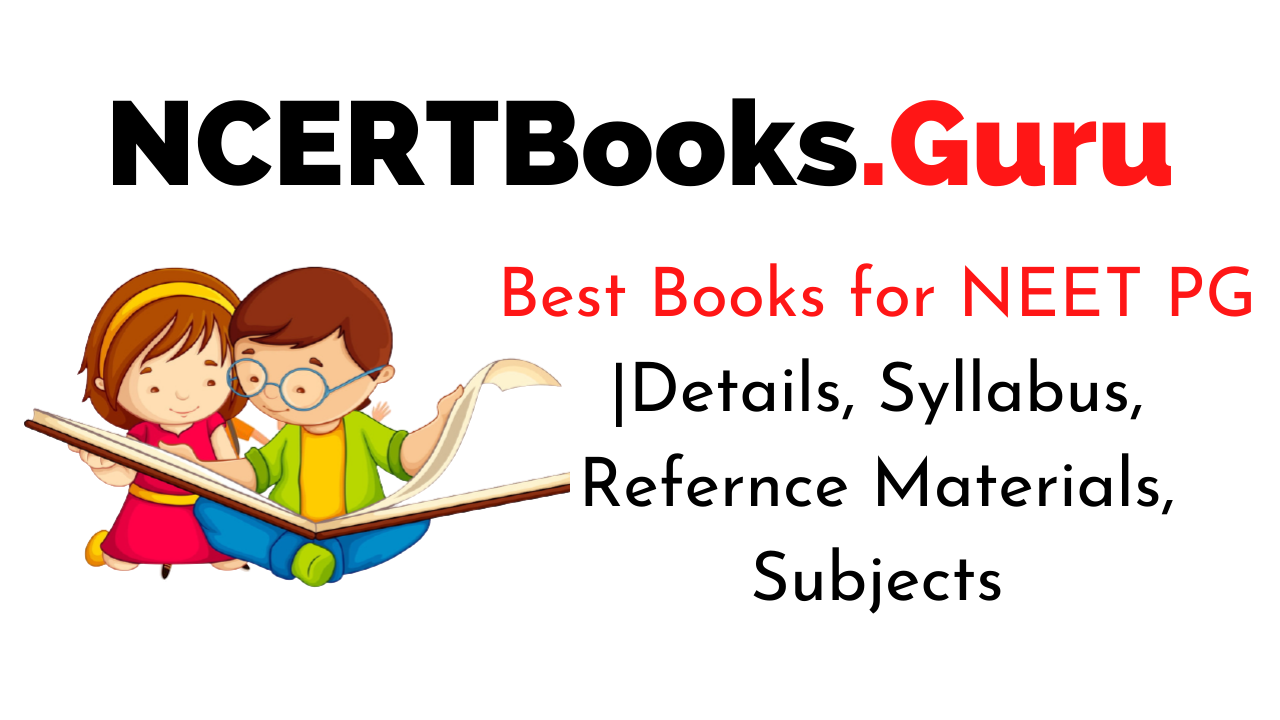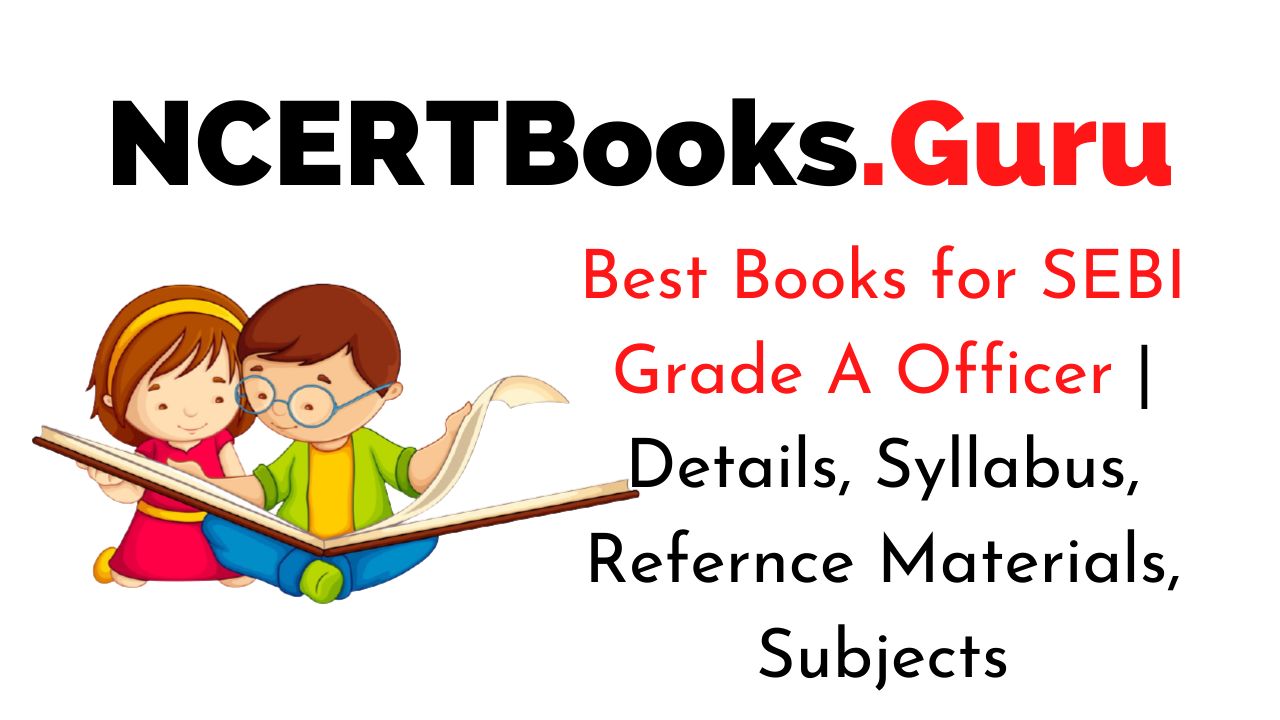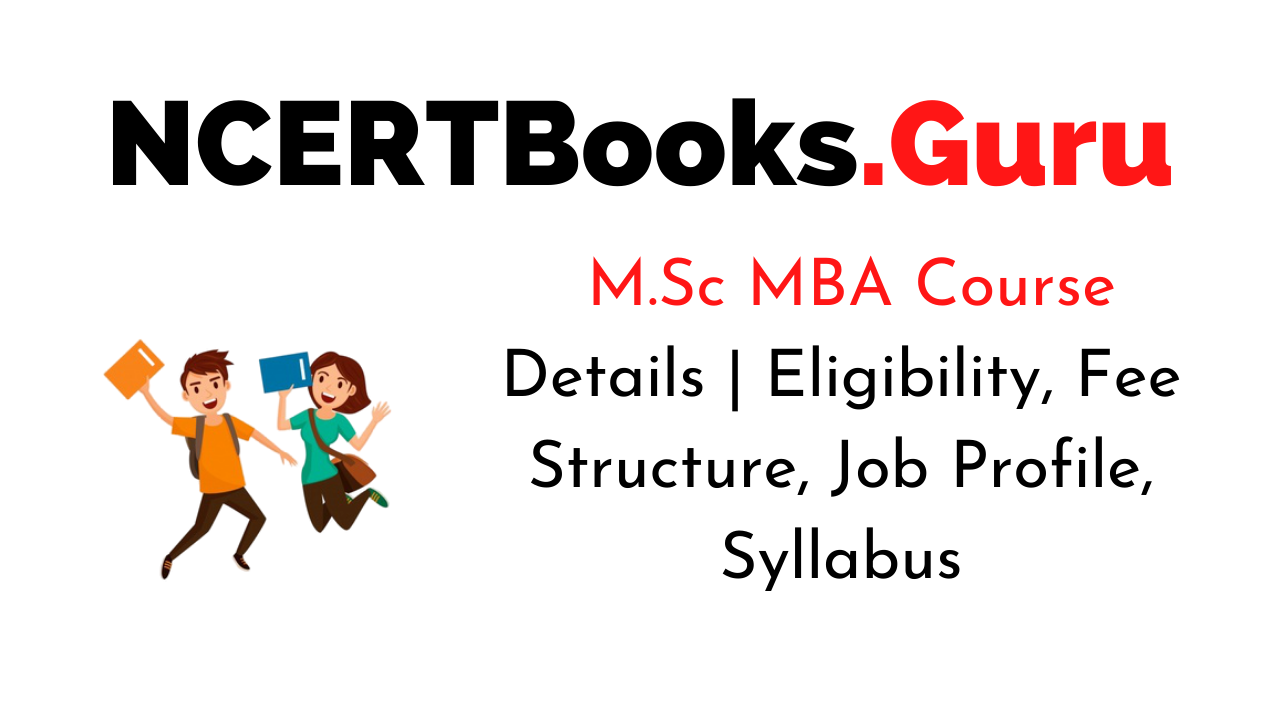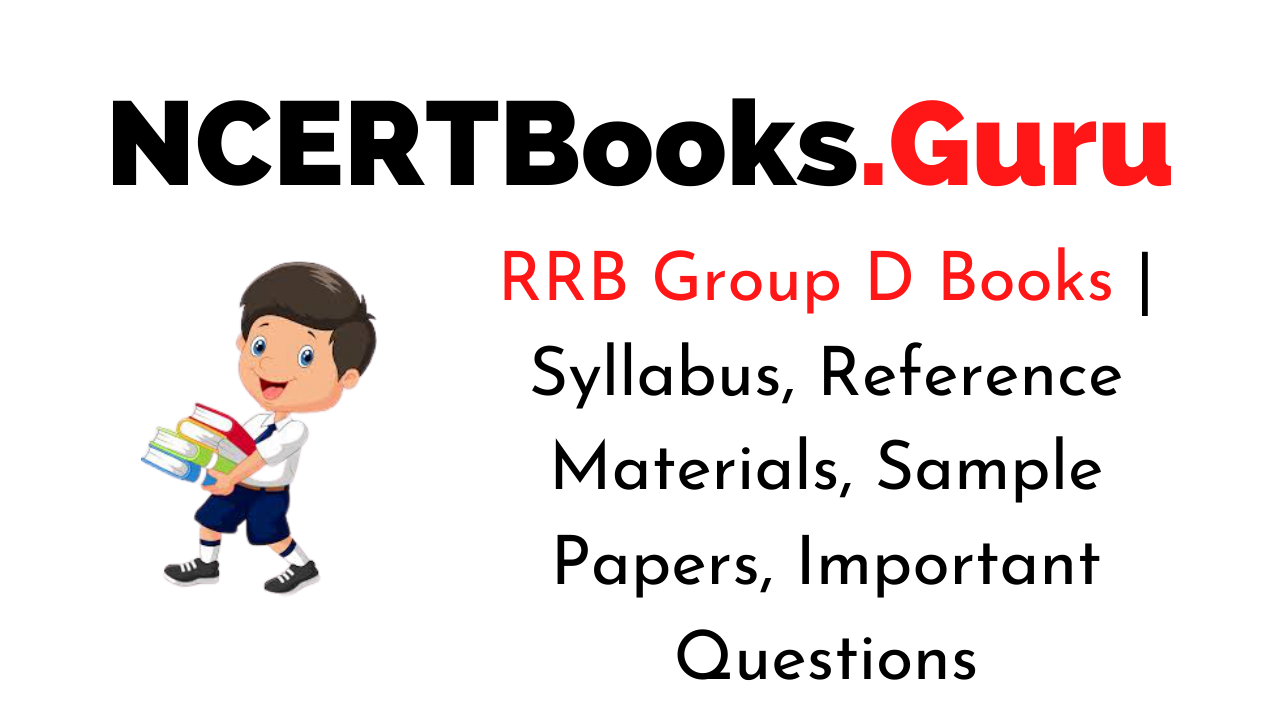APPSC Books: The Andhra Pradesh Public Service Commission (APPSC) conducts the annual recruitment exams for various posts in the Andhra Pradesh Government Departments. The APPSC examination occurs in four sets- Group-1 exam, Group-2 exam, Group-3 exam, and Group-4 recruitment exams.
In this article, we will provide you with all the updated and relevant study materials required for the preparation of the APPSC Recruitment Exam. You will also find the list of all the best and recommended books, NCERT notes, and materials for current affairs. The resources available in this article will also be helpful for candidates who are simultaneously preparing for civil service examinations.
APPSC Books and Reference Materials
The Andhra Pradesh government is the constitutional body that conducts the annual recruitment examinations to manage various posts in the State Government Departments. Candidates participating in the APPSC must prepare on the different subjects or topics keeping the state in focus.
Current affairs also play a vital role in the APPSC examination, and candidates must ensure to cover the topics related to the everyday matters concerning Andra Pradesh. There are various critical subjects and topics in the APPSC that cover all the essential concepts. Students can check out the APPSC books, guides, reference, and study materials to read and refer to any topics.
- APPSC Syllabus
- APPSC Books and Study Materials
- Conclusion
APPSC Syllabus
The conducting body sets the APPSC Syllabus- The Andhra Pradesh Public Service Commission. The APPSC Group-I examination is a three-stage test.
Here is the detailed exam syllabus of APPSC Group 1. Candidates can also download the APPSC Syllabus from the official website for easy reference.
Group-I
The APPSC Group-I paper diverges into three steps- Prelims, Mains, and the Interview. The detailed curriculum for the APPSC Prelims and APPSC mains are as follows:
APPSC Preliminary Stage
The APPSC Group-I Prelims consists of two papers:
- General Studies Paper I and
- General Aptitude Paper-II
Each paper consists of 120 questions for 120 marks and two hours duration. The structured curriculum for APPSC Prelims are as follows:
| General Studies Paper-I | General Aptitude Paper-II |
| Geography | Current Events of Regional, National and International importance |
| Constitution, International Relations, Polity and Governance, and Social Justice | Psychological Abilities and General Mental skills |
| History and Culture of India and Andra Pradesh | Science and Technology |
| Economy and Planning of India and Andhra Pradesh |
APPSC Main Stage
The APPSC mains comprises two qualifying papers and five merit-ranking papers. Each of the seven papers consists of 180 questions for 180 marks and three hours duration. The structured curriculum for APPSC Mains are as follows-
Course Curriculum of the Qualifying Papers
| Telugu Paper- Based on SSC standard |
|
| English Paper- Based on SSC standard |
|
Course Curriculum of the Merit-Ranking Papers
| Paper-I deals with General Essay based on the Degree Standard | Three Essays of 800 words each. |
| Paper-II deals with Andhra Pradesh and Indian History, Geography, and Culture based on the Degree Standard |
|
| Paper-III deals with Governance, Polity, Law, Constitution, and Ethics based on the Degree Standard |
|
| Paper-IV deals with The Development and Economy of Andhra Pradesh and India based on the Degree Standard |
|
| Paper-V deals with Science and Technology based on the Degree Standard |
|
Group-II
The APPSC Group-II paper comprises three papers- Paper-I, Paper-II, and Paper-III. The detailed curriculum for the APPSC Group-II papers are as follows-
Paper-I
| Geography | General Science and its Applications |
| Current Events of Regional, National and International importance | Sustainable Environment and Environment Protection |
| Data Analysis | Events of National and International Importance |
| Political and Socio-Economic History of Modern India | Data Interpretation, Logical Reasoning, and Analytical Ability |
| Disaster Management | Economic Development post Independence |
| Indian Governance and Polity |
Paper-II
Paper-II is of two sections- Section I and Section II. The Branch I deal with the Social and Cultural History of Andhra Pradesh. The Branch-II deals with an overview of the Indian Constitution.
Paper-III
Paper III encompasses two crucial topics
| Planning in Indian and the Indian Economy | Contemporary Problems and the Development of Andhra Pradesh |
| Economic Policies in India | Service Sectors of Andhra Pradesh |
| Public Finance, Banking, and Money | Five-Year Plans of Andhra Pradesh |
| Planning in the Indian Economy | Industry Sectors in Andhra Pradesh |
| Meaning and measurements of Growth | Nation Concepts and Income |
| Development and Availability of Natural Resources | Land Reforms in Andhra Pradesh |
Group-III
The APPSC Group-III paper deals with Panchayat Secretary and comprises two papers- Paper-I and Paper-II. The detailed curriculum for the APPSC Group-III papers are as follows:
| Paper-I | Paper-II |
| Indian Governance and Polity | Key Schemes of Panchayat Raj Department |
| Current Events of Regional, National and International importance | Flagship Rural Development Schemes |
| Data Interpretation, Logical Reasoning, and Analytical Ability | Accounting and Administration of funds |
| Geography | Evolution of Andhra Pradesh Panchayat Raj System |
| Disaster Management | Rural Economy of Andhra Pradesh |
| Political and Socio-Economic History of Modern India | Roles and responsibilities of Panchayat Secretary |
| General Science and it’s Applications | Economic Development and Women Empowerment |
| Events of National and International Importance | Rural Sociology |
| Economic Development post Independence | Revenue and Expenditure Management |
| Sustainable Environment and Environment Protection | Community based Organisations |
| Rural Credit Scenario of Andhra Pradesh |
Group-IV
The APPSC Group-IV paper comprises two papers- Paper-I deals with General Studies and, Paper-II deals with Secretarial Abilities. The detailed curriculum for the APPSC Group-IV papers are as follows-
Paper-I
The APPSC Group-IV’s first paper deals with General Studies-
| Economics | Current Affairs |
| Botany | Chemistry |
| Geography | History |
| Disaster Management | Zoology |
| Physics | Civics |
Paper-II
The APPSC Group-IV’s second paper deals with Secretarial Abilities-
- Comprehension
- Numerical and Arithmetical Abilities
- Verbal and Non-Verbal Mental Ability
- Rearrangement of sentences to improve analysis of a passage
- Logical Reasoning
APPSC Books and Study Materials
The APPSC exam is a civil services examination conducted by the Andhra Pradesh Government for recruitment in the government departments. The APPSC exam papers test the analytical and conceptual clarity of the participating candidates.
The State Board Books and the NCERT books are credible sources for exam relevant information and preparation. Candidates must assess the understanding of the basic concepts from the State books of class VI to class XI.
Once the basic concepts and topics are established, candidates must jolt down essential points, notes, and must align them with the APPSC curriculum.
Candidates can even download the NCERT notes for a thorough APPSC exam preparation. Given below are a list of a few of the NCERT notes for APPSC exam preparation-
- NCERT Notes on the Ancient Indian History
- NCERT Notes on the Medieval Indian History
- NCERT Notes on Modern Indian History
- NCERT Notes on the Art And Culture
- NCERT Notes on the Geography
Apart from NCERT and the State board books and notes, candidates must also read and refer to the standard reference books for the APPSC preparation. Few of the important and recommended APPSC Books are:
- Indian Polity by Laxmikanth
- Geography by Majid Hussain
- History by Bipin Chandra
- Economy by Ramesh Singh
Other significant preparation resources and study materials for APPSC preparation are as follows:
- The Hindu Analysis
- Rajya Sabha TV
- The Indian Express
- Difference Between Articles
- Yojana Magazine
- Monthly Magazine
- Press Information Bureau
- Government Schemes
Conclusion on APPSC Books
The APPSC mentioned above Books, Notes, and Study Materials aim to help and enhance student’s knowledge at the time of exam preparations. Students can refer and practice from the provided APPSC Books, Notes and Study materials from this article.
FAQ’s on APPSC Books
Question 1.
What is the APPSC examination?
Answer:
The Andhra Pradesh Public Service Commission (APPSC) conducts the annual recruitment exams for various posts in the Andhra Pradesh Government Departments. The APPSC examination occurs in four sets- Group-1 exam, Group-2 exam, Group-3 exam, and Group-4 recruitment exams.
Question 2.
How many sections do the APPSC Group-I paper comprise?
Answer:
The APPSC Group-I paper diverges into three steps- Prelims, Mains, and the Interview.
The APPSC Group-I Prelims consists of two papers- General Studies Paper I and General Aptitude Paper-II. Each paper consists of 120 questions for 120 marks and two hours duration.
The APPSC mains comprises two qualifying essays and five merit-ranking papers. Each of the seven papers consists of 180 questions for 180 marks and three hours duration.
Question 3.
What are the various Books and Notes recommended for the APPSC exam preparation?
Answer:
The various Books and Notes recommended for the APPSC exam preparation are-
- NCERT Notes on the Ancient Indian History
- Indian Polity by Laxmikanth
- NCERT Notes on the Medieval Indian History
- Economy by Ramesh Singh
- NCERT Notes on Modern Indian History
- History by Bipin Chandra
- NCERT Notes on the Art And Culture
- Geography by Majid Hussain
- NCERT Notes on the Geography
Question 4.
What are a few tips that boost the APPSC exam preparation?
Answer:
A few tips that can aid and boost a candidate’s preparation are:
-
- Solve and practice the past years’ question papers. Candidates can find the links on the official websites to refer and download.
- Candidates must check and note every topic listed under the APPSC syllabus and must never choose to skip any of those topics or concepts.
- Each subject, like the Indian Polity, History, Geography, Current Affairs, etc. must be prepared to keep in mind the respective State’s aspects.
- For any of the State Service Exams, candidates must always read and refer to the State board textbooks as these books provide relevant information on various topics mentioned in the APPSC syllabus.
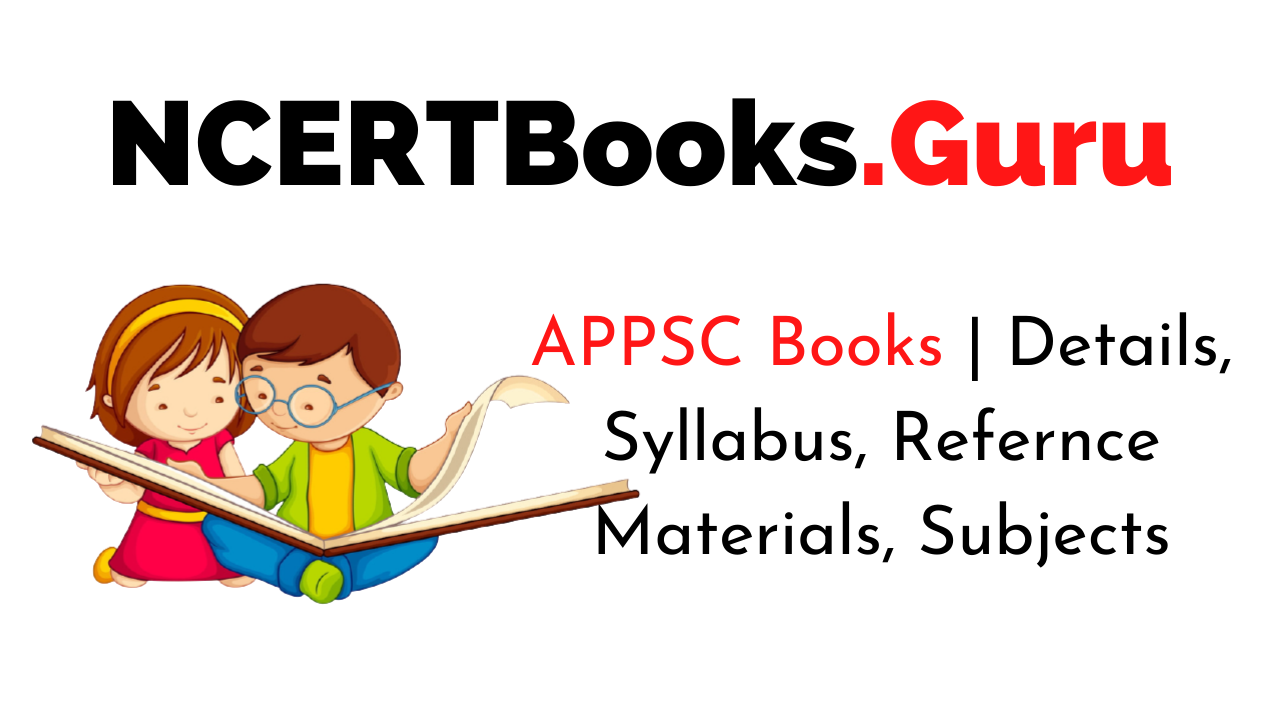
![International Olympiad of English Language [iOEL]](https://www.ncertbooks.guru/wp-content/uploads/2020/09/International-Olympiad-of-English-Language-iOEL.png)
